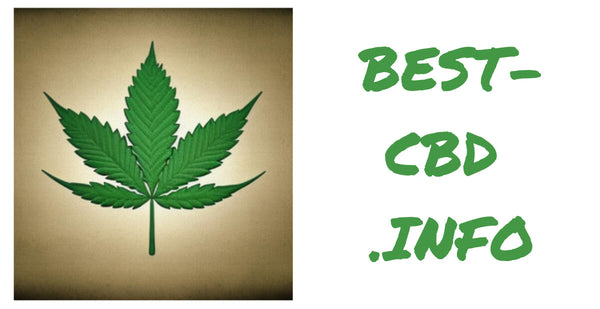Law - Is CBD legal in Australia?
Australia has strict laws when it comes to cannabis and its derivatives, including CBD. The Therapeutic Goods Administration (TGA) is the regulatory body for therapeutic goods (including medicines) that approves and supervises CBD products.
CBD has been legal in Australia since 2015, but it is only legal to purchase if it is derived from hemp and contains less than 0.3% THC. Hemp is a variety of the cannabis plant that contains very low levels of THC.
In February 2021, the Therapeutic Goods Administration (TGA) down-scheduled CBD from a Schedule 4 (prescription only) to a Schedule 3 (pharmacist-only) medicine. This means that low-dose CBD products (containing less than 150 milligrams a day) can now be sold over the counter in pharmacies. However, this applies only to CBD products that meet specific requirements:
- The CBD must be in a form to be administered orally or topically (not for vaping).
- The maximum recommended daily dose is 150mg.
- The CBD in the product must be either plant-derived, or when synthetic, it must be identical in chemical structure to the naturally occurring CBD.
- The packaging must contain certain warnings and safety information.
As of July 2023, very few products containing CBD have been approved by the TGA, and it is important to note that not all CBD products available in Australia have been approved by the TGA.
It is still illegal to purchase CBD products that are derived from marijuana, even if they contain less than 0.3% THC. This is because marijuana is a controlled drug in Australia.
Furthermore, it's important to note that CBD products must be approved by the TGA and meet strict quality standards among which: the CBD jar must be labeled with the following information:
- The name and address of the manufacturer
- The name of the product
- The quantity of CBD in the product
- The directions for use
- A warning that the product is not a cure or treatment for any disease or condition
Many of the CBD oils and products you can buy online do not meet these standards and are therefore illegal to possess in Australia.
Dispensaries are businesses that sell CBD products. They can be either physical businesses or online businesses. Dispensaries can sell a variety of CBD products, including CBD oil, CBD capsules, CBD edibles, and CBD topicals.
It is technically possible to travel with CBD in Australia, but there are some restrictions and you will need a valid prescription for it. You are allowed to bring up to 30 grams of CBD oil with you when you travel domestically. For international travel, it can be much more complicated. Laws regarding CBD vary widely from country to country. In some countries, it is entirely illegal. If you are traveling internationally, you should declare your CBD oil and you may be subject to additional restrictions.
Should you be arriving from a foreign country and hold a travel visa, you're permitted to carry a quantity of CBD sufficient for a three-month duration (source: Entering Australia - Traveller's Exemption from the Australian TGA Website).
It is also possible to import CBD into Australia. Having it shipped to Australia would generally require a permit under the Customs (Prohibited Imports) Regulations due to its classification as a narcotic substance. The process of approval to bring more CBD items into the Australian market is lengthy, implying that it could take several years for Australian pharmacies to carry a range of CBD products that meet the TGA's requirements. Meanwhile, a significant number of Australian buyers are resorting to overseas online stores to procure CBD products. Note that these products may be seized upon their arrival in the country.
The Therapeutic Goods Administration (TGA) also has a Special Access Scheme that allows for the importation of therapeutic goods (like CBD products) for individual patients, again under specific circumstances. You must first obtain a permit from the TGA. The TGA will only issue a permit if you can provide evidence that the CBD you are importing is of a high quality and that it is for personal use. Importing CBD without following these legal pathways could result in severe penalties.
Please note that laws and regulations can change, and they can also vary by state and territory. Therefore, it's always a good idea to check the most current regulations in your area or seek legal advice if you're unsure.
I would recommend checking with the latest from the TGA or a legal professional to get the most recent and relevant advice.
